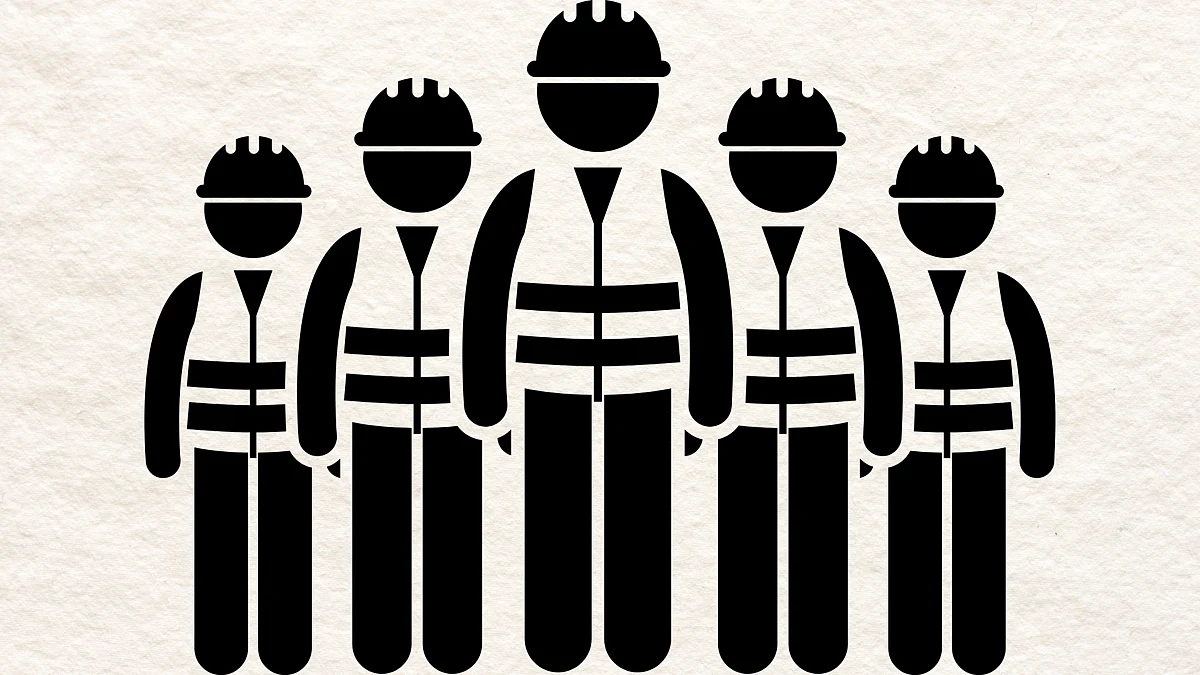After winning the Lok Sabha elections with a majority, the BJP-led government will now be presenting the union budget on July 5. Certainly, the expectations from Modi government 2.0 have gone up as it is the first full budget after general elections.
In less than 15 days, Nirmala Sitharaman will take centre stage to announce Union Budget 2019-20, which is one of the most detailed reports on the country's financial plan including specifics of total revenue and expenditure. The budget document, prepared by the ministry of finance in consultation with other ministries and experts, lists all fresh/existing estimated allocations over a period of one year.
As Nirmala Sitharaman prepares to announce the final budget, here are key expectations from the NDA government:
Basic exemption limit to be increased to Rs 5 lakh?
In every Budget, the main demand of taxpayers is that the government should increase the basic exemption tax limit. But, according to tax experts, the government is unlikely to increase the basic income tax exemption limit in this year's full budget as it had already announced a provision where individuals earning up to Rs 5 lakh can get full tax rebate under Section 87A.
Some experts feel that increasing the basic exemption limit to Rs 5 lakh will defeat the purpose of the interim budget announcement. Increasing the basic exemption limit will not require many people to file income tax and it could result in a dip in tax filing.
Since the Narendra Modi-led government's focus has been on increasing taxpayer base in the country, a move to increase the basic income tax exemption level would not prove to be a wise move, suggested several tax experts. But people can expect some minor tweaks related to tax deduction under some sections of the Income Tax Act to be announced for providing more tax-saving options to salaried taxpayers.
Electric Vehicle (EV)
With the government committed to bringing the electric vehicle (EV) revolution to India in the next few years, the industry expectations from the Union Budget 2019-20 run high. Among the key demands are priority-lending by PSU banks for purchase of EVs and raising government subsidy to push sales.
Seeking tax incentives, the e-vehicle sector has argued that these would boost the government's flagship manufacturing scheme Make in India and drastically cut down vehicular pollution in the country. The Modi government wants to hasten the adoption of green vehicles. Its think tank Niti Aayog has put forward a plan to shift to e-mobility for two-wheelers (below 150 cc) and three wheelers by 2025.
Push On Digital Transactions
In 2009, the UPA government introduced a banking cash transaction tax of 0.1% on withdrawal of more than Rs 10,000 in a single day. But now, in its push towards a digital economy, the NDA-led central government is thinking of introducing a tax of 3-5 percent on cash withdrawal of Rs 10 lakh in a year, a move to discourage cash usage in the economy and resultant black money.
As a step towards this, earlier this month, the Reserve Bank of India waived the fee currently imposed on banks for using its NEFT/RTGS payment servers. The Central government also said it was setting up a panel to review charges imposed by banks on ATM withdrawals. RBI said it was doing so to boost digital transactions.
Improve GST compliance
The government is also likely try to improve compliance in taxation, especially the Goods and Services Tax regime. While GST collections have improved in the last three months, the government could try further streamlining the process to increase collections and meet its 2019-20 target. Many from the consumer goods industry have demanded a cut in GST rates for televisions and refrigerators as demand for such goods have also slowed down.
It is no secret that maintaining fiscal balance while achieving higher growth is a tricky challenge and it would require a perfect mix of fiscal and monetary measures to drive the economy towards higher growth.
Boosting farmer income
Among the ways Nirmala Sitharaman can tackle growth slowdown is by increasing farmers’ income. Economists say most of the rural challenges that have emerged in the last few years can be partly blamed to the slowdown in domestic demand in the country. Economic growth will improve only if the government introduces new policies to transform the ailing agricultural sector, according to several reports.
Increase in the 80C tax benefit limit
The tax deduction benefits 80C of the I-T Act is one of the key investments and tax saving tool for many taxpayers, especially the salaried people. There are expectations that the government may increase the tax deduction limit u/s 80C to Rs 3 lakh. The increase in the 80C limit could be very handy for those with home loans as they could be able to avail higher tax benefits on interest payouts.








